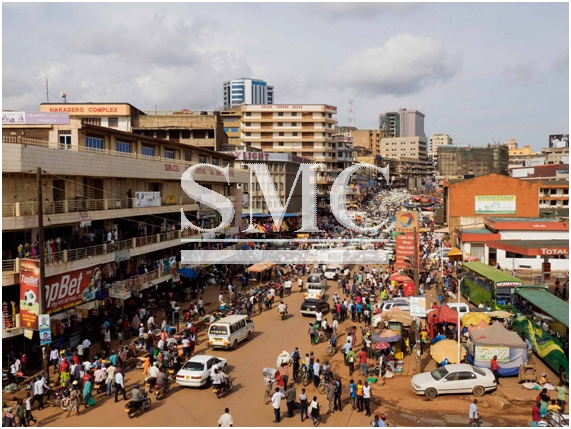
- Company overview The heart of SMC Vision & Philsophy Partnership Certifications Company culture
- Our service Design and Engineering Maintenance and Service Examine Production Line Upgrade and Transformation Storage and Logistics Processing, Trading and Distributor
- Management Our history Global responsibility Info Center
- Procurement center Internship
- Metal Steel Products Stainless Steel Products Aluminum Products Copper Products Galvanized Steel and PPGI Special Alloy Building Material
- Containers ISO Standard Container Equipment Container Storage Container Refrigerated/Reefer Container Offshore Container Container House Tank Container Container Fittings Container Trailer
- Gas Cylinder & Fire Extinguisher Cryogenic Liquid Cylinder Oxygen Gas Cylinder Storage Tank CNG Gas Cylinder LPG Gas Cylinder Hydrogen Gas Cylinder Nitrogen Gas Cylinder Industry Gas Cylinder Fire Extinguisher
- Metal Machinery Forming Machine Cutting Machine Processing Machine Bending Machine Block Machine Other Machinery Motor Spare Parts
- Mechanical Products Miscellany Mooring Equipment Marine Equipment Vehicle Industry Pressure Vessel Conveyor Belt Laser Equipment Bearing
- Electrical System Power Distribution Automation Electrical Cable Solar Power System Electric Protection System Transformer Production Line Lighting System
- Project Plastic Pipes and Pipe Fittings Fiberglass Reinforced Plastic Pontoon System
Uganda to build $2.3bn dollar railway
Uganda has announced that it will be building a $2.3 billion standard-gauge railway, stretching from the capital of Kampala to the Kenyan border. The electric track will be a total distance of 273km and will be built by China Harbour Engineering (CHEC) with an expected completion date being in 2020.
Kasingye Kyamugambi, the project’s coordinator, told Uganda’s New Vision website that land acquisition was 60% complete and efforts were being made to buy the remaining plots by February. At no surprise at all, the project will be funded by China, with the source being the ‘Export – Import Bank’. The financial details of the project have not yet been made public, however, it was reported in 2014 that a sum of $8bn would be required.
Due to the recent discovery of substantial oil deposits in Uganda, the country is now seen as a good credit risk country for other countries to provide loans for. The oil discovery which contains the equivalent of 1.7 billion barrels is predicted to land the Ugandan government approximately $43bn in the next five years.
Uganda is home to some of the world’s worst infrastructure in terms of transport, particularly in the rail sector and the new construction will have a profoundly positive effect on the efficient transportation of goods and people through the country. It’s predicted to half the cost of transporting a 32-tonne container from sea to Mombasa, in addition to a drastic time reduction.
Currently, 95% of all freight is transported by road and a mere 5% by outdated and costly railroads, meaning the transportation is expensive and inadequate.
The developing east African regional rail system is primarily intended to provide a link between the densely populated and fast growing Great Lake states of Uganda, Rwanda and Burundi and the Indian Ocean ports of Mombasa and Dar es Salaam.
Later phases will involve a north–south line to the west of the lakes, connecting the Burundian capital of Bujumbura and Kampala. There may also be a third east–west line between the future port of Lamu and Juba in South Sudan. Other extensions will take the system through the Democratic Republic of Congo to Angola, although this is still a fairly distant prospect.

